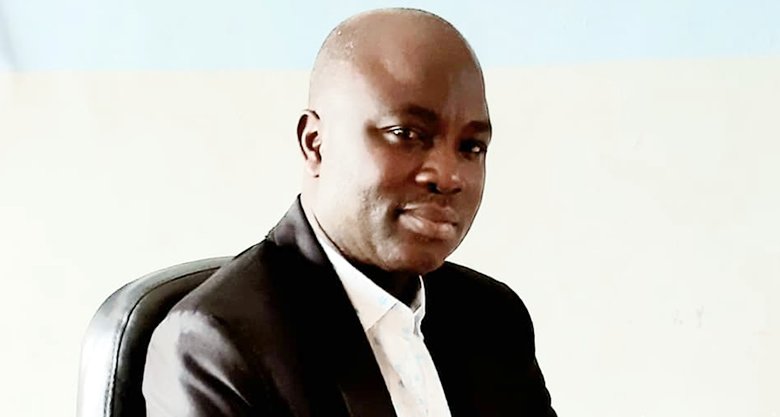
I hail everyone as we enjoy the best of this festival. I wish the long break rolled on and on. Well, I also I hope the rams tasted – or still taste – greatly, though it is a pity that no one remembers the English Tutor when it matters like this. I remember how we used to pamper our teachers, especially in the village schools, during festivities. Yet, I mustn’t deny one surprise gift of a yellow ram. Sorry, only one or two people will understand this.
Because we are still sharing fun, today’s lesson is going to be light. Just let’s take a look at this expression I saw on a platform on Saturday: Bros happy eid, Expecting my salah ram. I suspect there are up to four errors in it. Can you identify them? I promise a thigh of a giant ram if you can promptly do.
Missing coma in direct address
The first error is that the writer left out the comma that should come after ‘Bros’. When you directly address someone or any other force or object, calling their names or titles before telling them something within the same clause, you ensure a comma separate the name and the message:
Wura how are you? (Wrong)
Wura, how are you? (Correct)
Sister wait for me. (Wrong)
Sister, wait for me. (Correct)
Bro, happy eidel-kabir. (Wrong)
Bro, happy… (Correct)
Bro or Bros?
‘Bro’ is the short form of ‘bother’, which is also used when talking to a male friend. Its plural is ‘bros’, meaning brothers. This shows what is expected in the given sentence is ‘Bro, happy Eid…’ since the guy is addressing just a fellow.
eid?
No, because the word is a proper noun, being the name of a festival. Like names of people, countries, towns, religions etc., names of festivals should begin with capital letters. So, it is Eid – not eid. Remember, the same applies to Christmas and Easter.
Punctuation error
The statement also features a punctuation error based on the use of the comma. There are two clauses in the expression, which are two main ones that should be separated with a full stop. The full stop becomes compulsory because the writer started the second clause with a capital letter (Expecting). In other words, the greetings should read:
Bros, happy Eid. Expecting my sallah ram.
Note that ‘sallah’ is often with the twin ‘ll’, though some use one. It is advisable you write it with the double – although in the name of the Liverpool’s star scorer, Mohammed Salah, the l is single.
The analysis we have just playfully done should strengthen our mastery of the grammatical elements highlighted, including proper nouns and punctuation marks in the direct address. In your writings, ensure that the principles identified are always duly observed.




